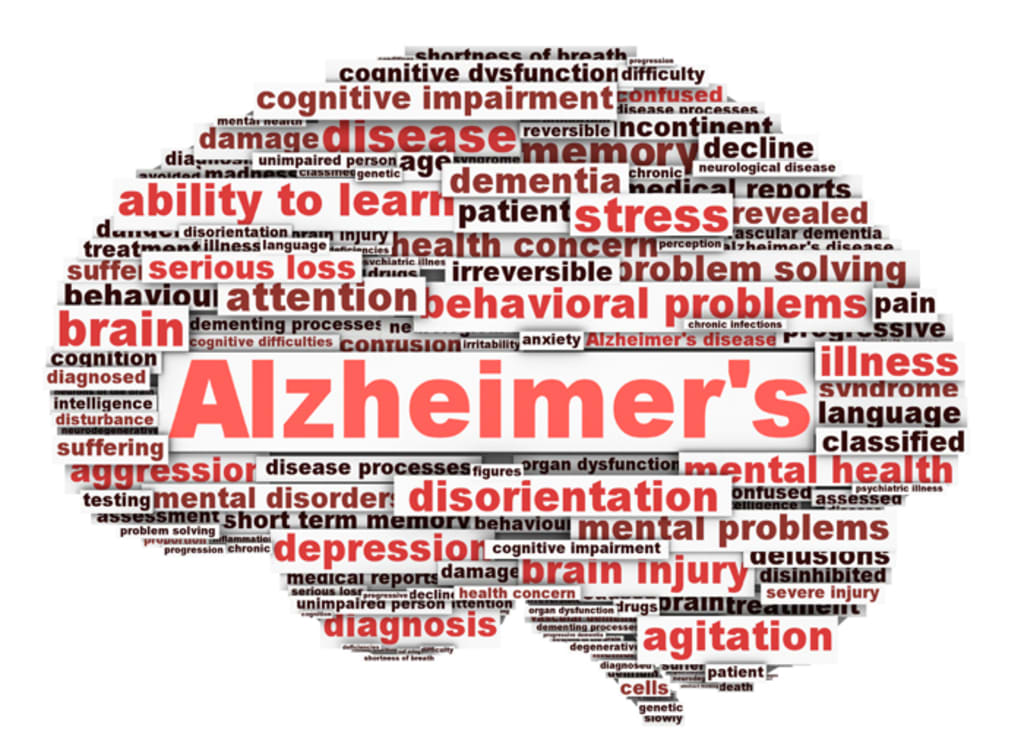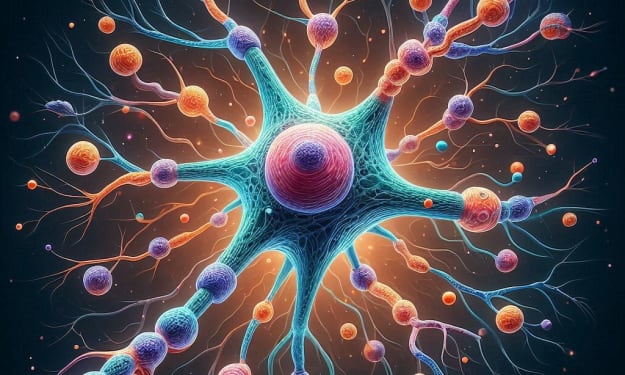
I will start writing for this site with a subject that many will worry about. This is losing their memory, losing their mobility, or losing their coordination. I have been caring for people with various disabilities and conditions for a number of years but for the last four years I have been caring for people with varying degrees and types of Alzheimer’s.
There are a number of types of Alzheimer’s with different causes and different problems but in general all types of Alzheimer’s have similar effects. The types of Alzheimer’s are: Alzheimer’s disease itself, Vascular Dementia, Lewy Body Dementia, Mixed Dementia, Frontotemporal Dementia. Dementia is the term used to describe the set of symptoms that occur when someone is being affected by a brain disease.
Now that people in this generation are living longer, there are more people experiencing dementia, or memory problems. However, there is usually only one rule when it comes to your health and other people’s health that you may know. This is, if you think you are having a problem or know someone who is having a problem with their memory or suspect that they may have the onset dementia, to take yourself or take them to the doctor. Although there isn’t a cure for Alzheimer’s at this time, there are treatments and medications which can help the progress of the disease. However, the treatment may only prolong the life of the individual if the disease has gone too far to slow down any potential “life” they have left.
Some of the symptoms of Alzheimer’s and other types of Alzheimer’s are forgetting things, coordination which can make mobilisation hard for the individual, the individual may struggle to communicate; they may also have hallucinations. Some individuals can experience Alzheimer’s disease for many years (for example, working in a care home I’ve cared for people who have only just had an early diagnosis of Alzheimer’s and an individual who has experienced Alzheimer’s for 13 years). There are so many spectrums of degrees of Alzheimer’s, but in a care home you need the right mix of degrees of Alzheimer’s for carers such as yourselves to be able to provide the best care that you and other people can.
Memory loss is the most common effect from Alzheimer’s disease and one of the first symptoms that an individual can experience before being diagnosed with any form of Alzheimer’s. But it’s not just forgetting the simple things such as where you place things, it's forgetting places around you, forgetting people, forgetting how to do things for yourself, forgetting things around you. Forgetting people can be the hardest thing to accept for the individual’s families and friends around the individual who is suspected to be suffering from the disease. But when individuals start to forget people and faces around them this usually happens later on into the disease so it can be quite a few years away from what families may think will happen in months from diagnosis.
Having a member of your family suffering from Alzheimer’s can already be difficult but also having them being cared for in a care home or by carers at their own residence can be very difficult for the family members. When an individual is being cared for in a care home, the carers won’t just care for the individual who is living within the home but they may also care for the family members that come to visit them. This can be because the carer can become a part of the individual’s family, seeing them every day, caring for them every day and supporting them every day. However, you as a carer may need to support the families at their times of need because they may already grieve for the individual they have lost to Alzheimer’s but then they have to grieve again for losing the person altogether. Some individuals who suffer from Alzheimer’s can live with the disease for many years but they can also live many months before they take their last breath.
Although the symptoms are the same, the disease can be very different in the individuals that may suffer from the disease.
Hopefully they’ll be able to find some kind of cure for early diagnosis of Alzheimer’s.
About the Creator
ASHLEY SMITH
England based carer, live with my wife, her parents and 4 cats. will write for all areas but especially mental health and disability. though as stuff for filthy seems popular will try there . any comments, suggestions or requests considered
Enjoyed the story? Support the Creator.
Subscribe for free to receive all their stories in your feed. You could also pledge your support or give them a one-off tip, letting them know you appreciate their work.






Comments
There are no comments for this story
Be the first to respond and start the conversation.